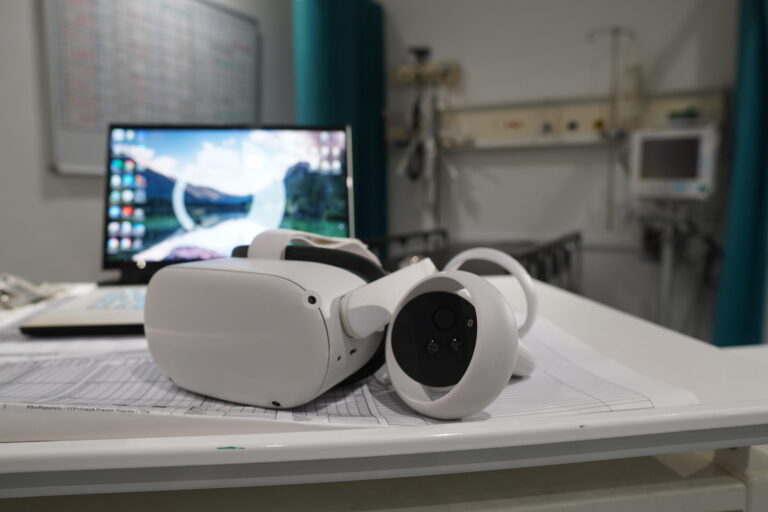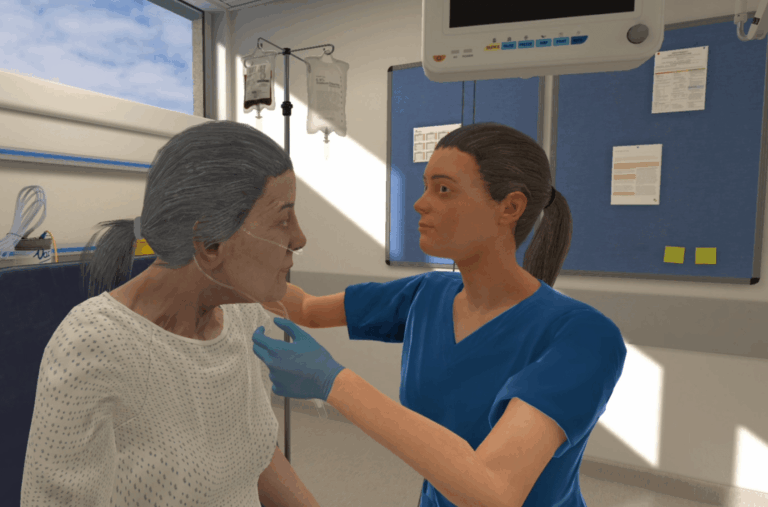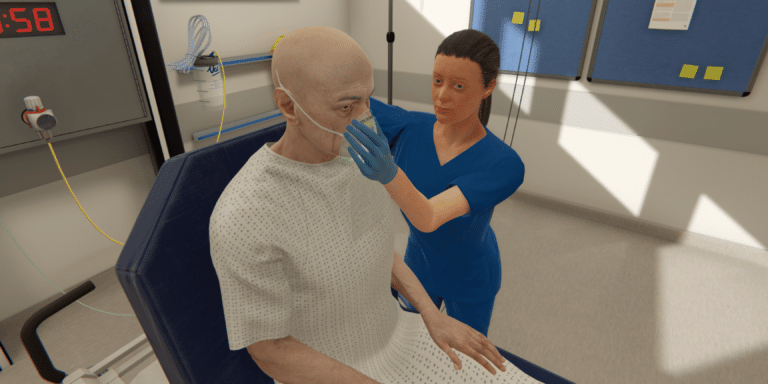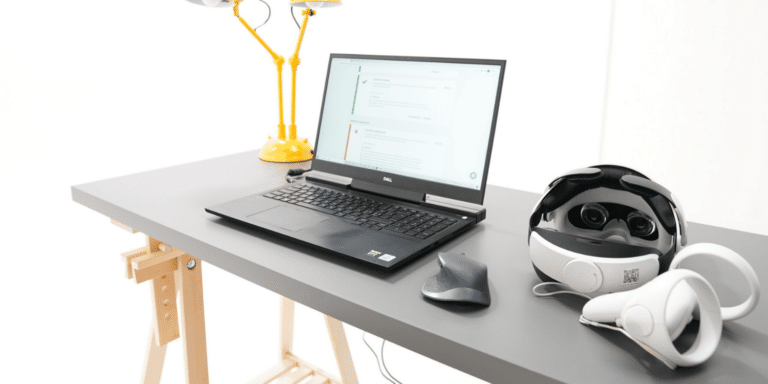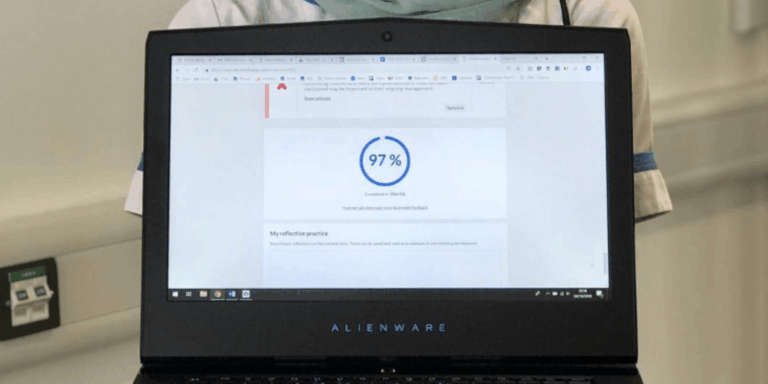March 1, 2023
post
Deliberate Practice Makes Perfect?
It was long-thought that education plus experience equals expertise, but nowadays, it’s clear that there’s more to that equation. There’s a lot of complexity in mastering a skill and consistently performing at a high level.
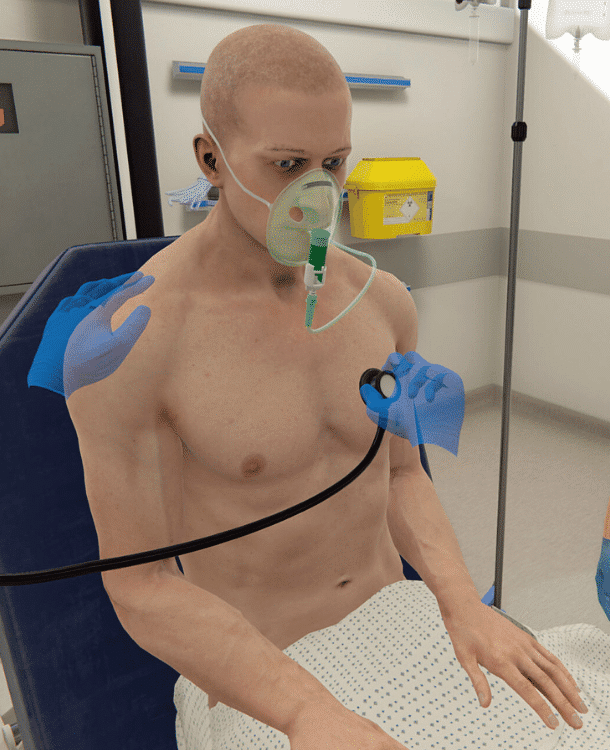
It was long-thought that education plus experience equals expertise, but nowadays, it’s clear that there’s more to that equation.
What is deliberate practice?
You’re probably already familiar with the tenets of deliberate practice, even if you’ve never heard the term before.
In short, deliberate practice refers to the self-directed, often isolated, focused practice on a given skill or subject. It’s typically task-oriented, with clear goals or steps to achieve the next level of mastery. It also requires significant focus and concentration, which may be why shorter durations of practice can work better in this context.
The right conditions for deliberate practice
While there are a few variations to this, the general conditions for deliberate practice include:
- A task with a well-defined goal
- Motivation to improve
- Challenge is just beyond skill level
- Opportunity for expert feedback
- Ability to repeat the task and correct errors
Step by step, a learner could theoretically build their skills, progress, and become an expert in their chosen field.
To get there requires well-defined goals or ‘rungs’ to climb up a given ‘ladder’ of progression to ultimately master a skill. SMART (specific, measurable, achievable, relevant, and timely) goals are a great place to start when engaging in deliberate practice. You need to know exactly what it is you need to accomplish before moving onto the next stage of difficulty.
An ideal learning environment often requires you to be well-rested and motivated to improve with a challenge just beyond your current level of ability.
In many situations, to get better at something, you need feedback and time to reflect for skill mastery. Take in feedback and reflect on your own actions and thought processes. Then, you can repeat the challenge, correct your errors, and refine your ability until you’re able to complete the task successfully and consistently.
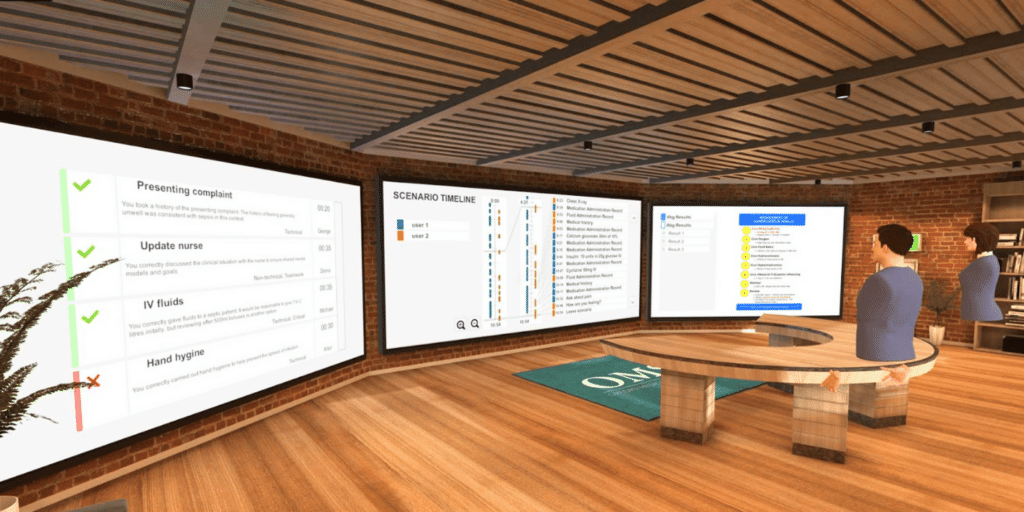
Timing matters here, too. Even experts will tell you how much mental energy can be devoted to mastering a skill – in fact, they typically don’t engage in more than four hours per day of deliberate practice.
If you’ve found yourself thinking back to your own days of training, a lot of this probably sounds familiar to you. That’s because deliberate practice knows no bounds – from National Spelling Bee competitors to musicians to healthcare professionals – you can apply this concept to just about any field or skill that requires practice to master.
Acquiring a skill
In thinking about deliberate practice, there are really two types of skills that are included here.
One set of skills you learn only once – that is to say, once you achieve the skill, more practice doesn’t change your ability. The other includes skills that are perhaps more complex or that require practice to maintain, like performing CPR.
Think back to a time when you were just learning something new – say, riding a bike or tying your shoes. You certainly spent time practicing, which may have been frustrating at times.
When you finally got that skill down, you probably never changed your pattern for it – in other words, you became so consistent with your new skill that it became automatic and part of your procedural memory.
Do you think about tying your shoes these days? Or do you simply do what you already know how to do? With skills like these, your performance generally doesn’t improve over time or with additional practice. You know how to tie your shoes, so you do that.
For skills that require consistent practice for maintenance or continual improvement, you’d need to actively counter the automaticity that comes along with skill repetition. Instead, you would set new goals for yourself that are just outside of your current reach and continue that pattern as you become expert-level.
Simulation based training
Of course, experience matters, too! It can take years or even decades to become an expert in a given field, especially one that requires consistently high performance for almost any situation – say, healthcare, for example.
To acquire the necessary knowledge and skills to be an expert clinician takes not only time but also effort and practice.
One way to do that is through simulation – learners work through a clinical case in real time; they practice, receive feedback, and reflect afterwards.
Simulation-based training has similar elements to that of deliberate practice. Scenarios can be adjusted to be just outside of a learner’s level. There is ample opportunity for feedback, reflection, repetition, and error correction. In many cases, there are clear and well-defined goals for the simulation and what needs to be done to move onto the next level.
Deliberate practice in training
As it relates to simulation-based training, there is quite a bit of evidence already out there. In one paper by McGaghie et al., authors reported that “without exception and with very high confidence the CER (comparative effectiveness research) data favor SMBE (simulation-based medical education) with DP (deliberate practice) in comparison to traditional clinical education”.
Across skills ranging from ACLS (advanced cardiovascular life support) to cardiac auscultation to catheter insertion, the results of their study were “clear and unequivocal” – SBME was superior for the acquisition of a number of medical skills.
Virtual reality (VR) and computer-based simulations are particularly well-suited for deliberate practice. They offer a recreation of real-life scenarios and provide immediate feedback with time for reflection. Another key advantage of VR simulation is the ability for learners to repeatedly practice, independently, in a psychologically safe environment.
How can OMS support deliberate practice?
At OMS, deliberate practice is already a part of the program.
Of course, scenarios can be supervised whenever you’d like, but as scenarios and feedback is completely automated, learners can complete scenarios asynchronously. Both VR and computer-based simulations allow for faculty-free practice. Learners can engage in scenarios repeatedly and independently to practice their skills and challenge their current level of ability.
Scenarios are evidence-based and undergo a rigorous peer-review process to ensure they are up-to-date and in line with current best practices.
Because the scenarios themselves are evidence-based, the feedback is, too. After learners complete a scenario, they can review immediate feedback, categorized by the critical, important, and additional. As the learner reviews feedback, they can see the timing of their actions, along with notes on the frequency, prioritization, or delegation of relevant tasks, as well.
Not only that, learners can also view the rationale behind certain actions. The feedback remains accessible to the learner any time, providing ample time for reflection and giving the learner well-defined goals for future improvement.
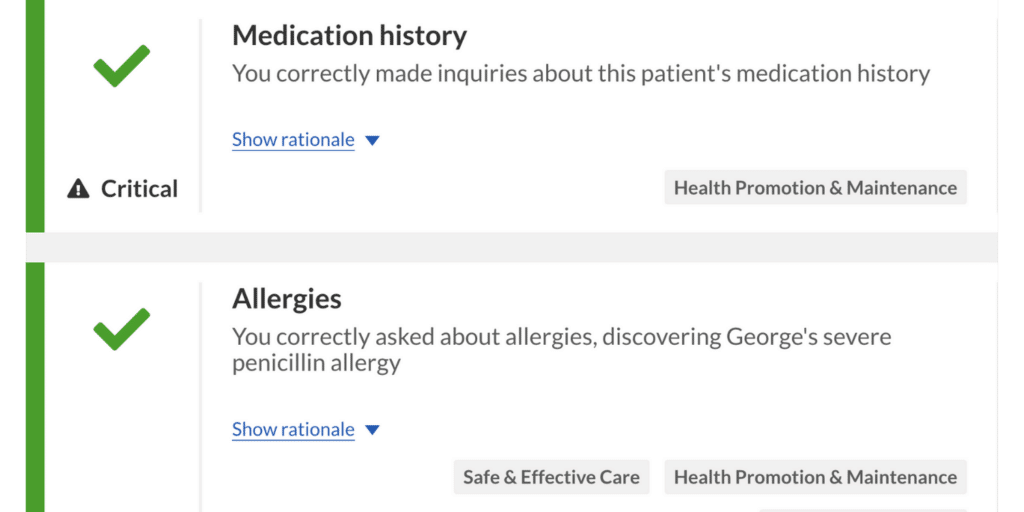
Competency Mapping and Tracking is one feature that can be used to track progress. With this feature, you can toggle on an existing competency framework. For example, if you chose the NCLEX framework, each piece of feedback would be tagged with the corresponding NCLEX competency, aligning learner actions with core principles of the selected framework. This gives you a sense of what’s going well, and you can see exactly where improvements can be made, further providing clear and well-defined goals for progress.
Additionally, OMS has built an authoring platform, OMS Create, which gives you the ability to build your own scenarios from scratch or simply tweak an existing one. With this platform, you can easily adjust a simulation to be the appropriate level of challenge for any learner.
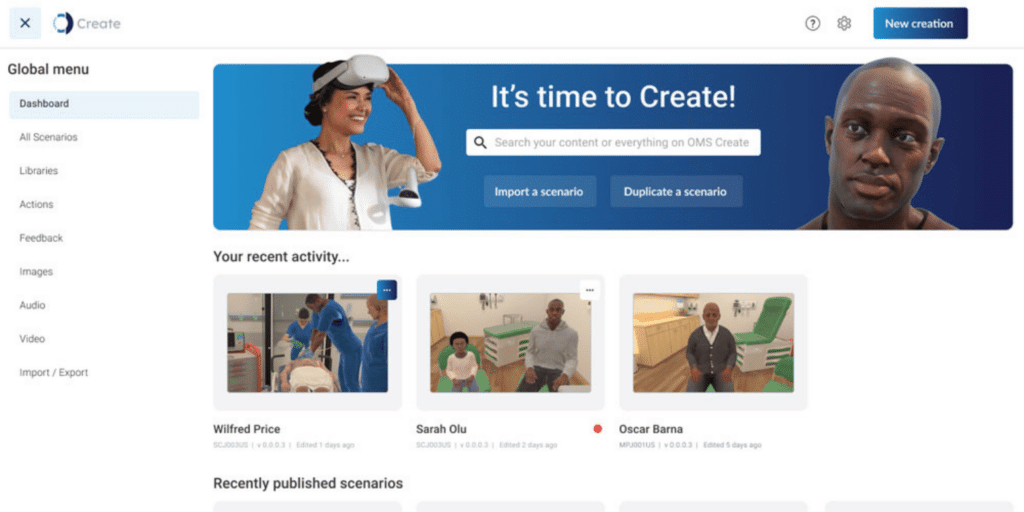
As aspiring experts work to progress their skills, it’s important to remember that superior performance isn’t just about getting experience and relevant education. It also requires focused and consistent practice.
With the right conditions, deliberate practice can have a positive impact on learning and skill acquisition. In partnering with OMS, you can ensure that your learners have the opportunity to practice independently and repetitively, all-the-while receiving relevant feedback and clear goals for their future skill mastery.
Set up a time to discuss how OMS can give your learners what they need – here.
Related
Ready to get real?
See how OMS can help your organization build confidence, competence, and clinical readiness for today’s healthcare.
